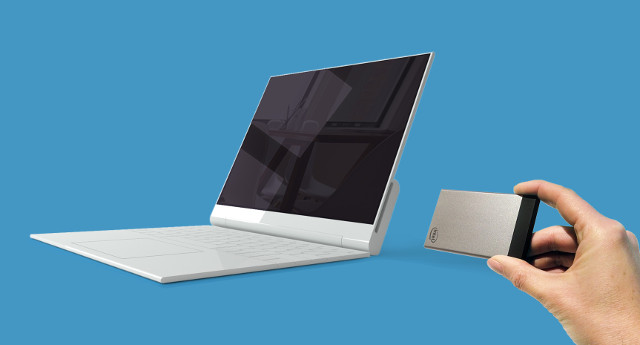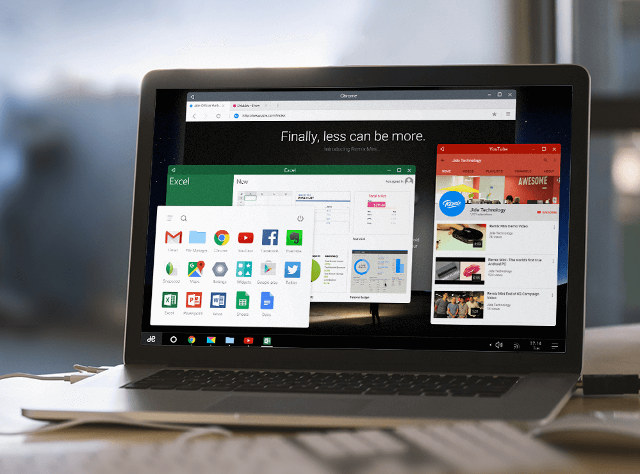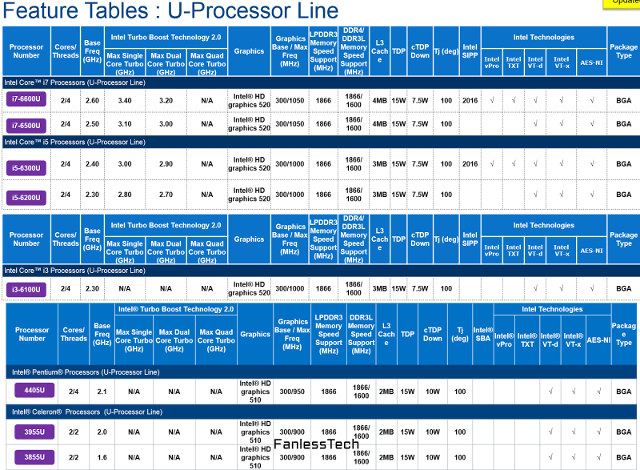NexDock first launched a 14″ laptop dock for smartphones, tablets, and development boards via a Indiegogo campaign in 2016, where they successfully raised over $350,000, and delivered rewards to backers last September and October. With the recent introduction of the Intel Compute Card, the company has now decided to work on a new NexDock that will take Intel’s cards. We don’t have much details right now, but the company said that beside the Intel Compute Card, it will come support interchangeable USB type-C modules, and will still support Windows 10 smartphones with continuum feature, Raspberry Pi and other devices that can be connected through a USB-C port. The second drawing also suggests the keyboard will be detachable, and you’ll be able to use NexDock as a Windows tablet. It could be nice to have an Intel laptop with Linux or Windows, and an ARM tablet with Android, but this won’t […]
NayuOS is a Developer Friendly Chromium OS Fork without Google Services
People at Nexedi, an European based open-source software publisher, are doing a lot of development work on Chromebooks, but with Chrome OS, all your data is kept on Google servers when you login, and by default the OS basically runs Chrome browser with barely any development tools. So the company leveraged Chromium OS, the open source version of Chrome OS, to create their own operating system, called NayuOS, that does not run any proprietary software, does without Google servers, and comes with git, nmp and other developer tools by default. The operating system should also provide a better Chromebook experience in China, thanks to the company’s re6stnet app and GrandeNet system allowing to have IPv6 available even when ISPs only provide IPv4, and to work around the unreliable Internet infrastructure in China. The source code and instructions to build an image yourself are available, but the company also released binary […]
Remix OS 2.0 for PC Will Run on Most Intel and AMD Computers
Remix OS is a fork of Android developed by Jide and optimized for desktop use, in a similar way to what Rockchip is doing with Light Biz OS, except the developers do not limit themselves to one specific SoC vendor with the operating system found in Remix Mini (Allwinner A64), and Remix Ultra-tablet (Nvidia Tegra 4), as well as several firmware images for popular Android devices such as Nexus 9 & 10. Now the company is planning to release Remix OS 2.0 for Intel and AMD based computer including PCs and Macs. How do they achieved that? Technically same way as Console OS by forking Android-x86 project, except they did it with less contention, and instead Jide partnered with Android-x86 developers. Remix OS for PCs alpha is a version of Remix OS 2.0 based on Android 5.0 with the taskbar, multiple windows, better memory management (it will try not to […]
Is Console OS just a Scam Based on a Fork of Android-x86 with Little Modifications?
Console OS is supposed to be a version of Android Lollipop running on various Intel platforms, and optimized for desktop use with new features like DVR support for digital TV tuners, a desktop friendly file manager, and so on. The project launched on Kickstarter and was successful enough to raise $78,497 from 5,695 backers. But according to Chih-Wei Huang, Android-x86 project leader, and Console OS users, the Console OS developer simply forked Console OS, with some minor modifications like changing the project name, and under-delivering on the promised features. The first part is fine, as that’s the beauty of open source code, you can fork somebody else work, and add your own improvement, and long as you keep the license and credits, that’s what open source is all about. Now the project raised funds specifically for development, and as promised the source code is available on github. Here what has been […]
Intel Skylake-U Processors Run as Low as 7.5W TDP. A Closer Look at Configurable TDP
I try to mostly cover low power systems on this blog, so when it comes to x86 processors I have a cut off TDP of 10 Watts. The next generation of Intel Skylake processors have a TDP of 15 Watts, but when I read Skylake-U lineup post on FanlessTech, I discovered Intel processors also have a configurable TDP option, and in the case of Skylake-U processor their configurable TDP (cTDP) can be as low as 7.5W or 10W depending on models. U-Processor family has Pentium and Celeron processors, but also Core i3, Core i5 and even Core i7 processors such as i7-6600U and i7-6500U clocked up to 3.4 GHz and all with a 15W TDP, but you’ll also notice a column called “cTDP Down” showing 7.5W and 10W values, which shows the great progress made by Intel with regards to low power design. So I decided to look into configurable […]






